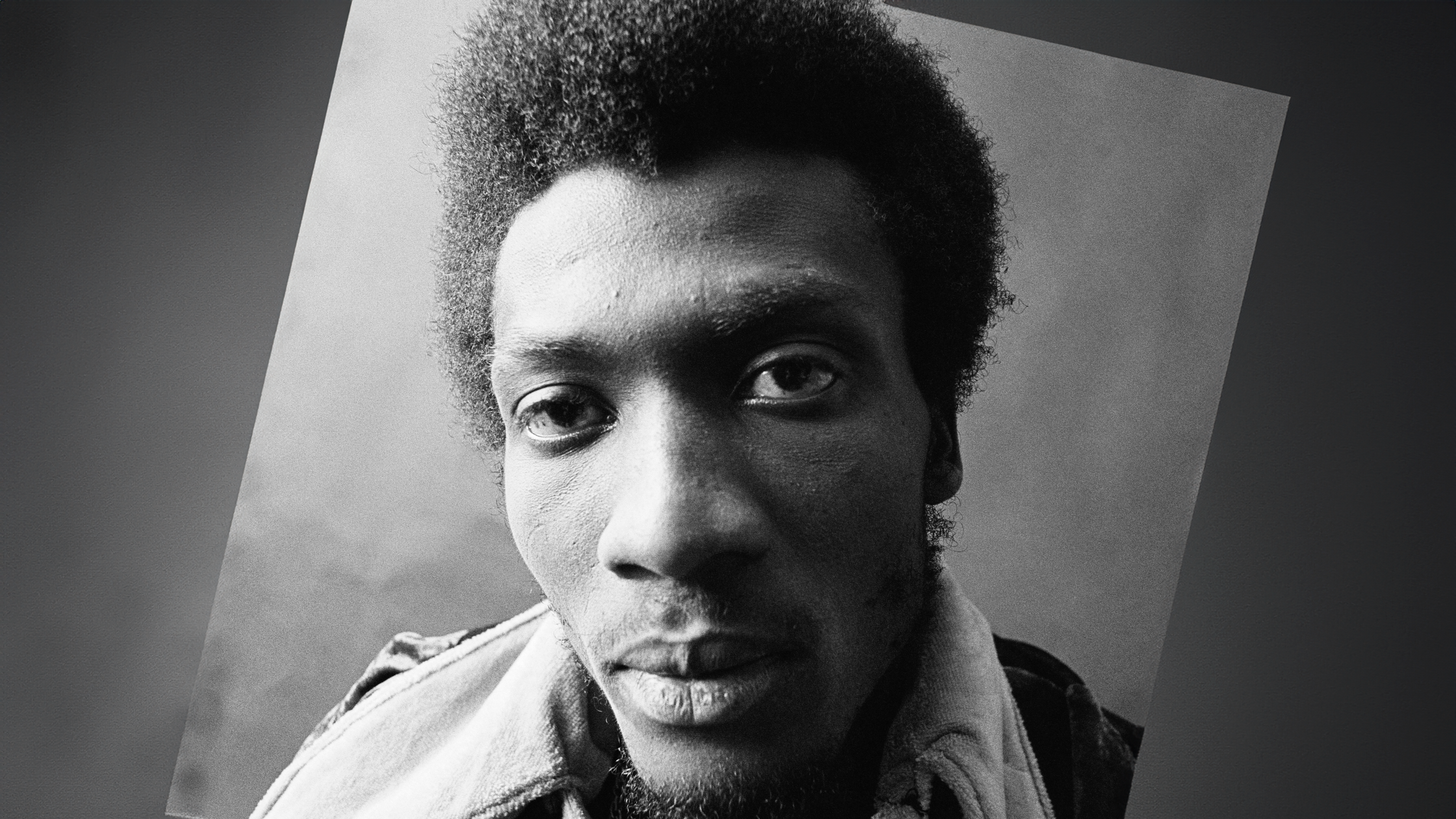“A true cultural giant… His music lifted people through hard times, inspired generations, and helped to shape the global respect that Jamaican culture enjoys today”: Jamaica and the world mourn Jimmy Cliff
Reggae icon has died, aged 81

Want all the hottest music and gear news, reviews, deals, features and more, direct to your inbox? Sign up here.
You are now subscribed
Your newsletter sign-up was successful
Sad news reaches us today that Jimmy Cliff, a key figure in the global rise of reggae, has died aged 81.
The news was broken by his wife Latifa Chambers, who wrote on Instagram: “It’s with profound sadness that I share that my husband, Jimmy Cliff, has crossed over due to a seizure followed by pneumonia. I am thankful for his family, friends, fellow artists and coworkers who have shared his journey with him.
"To all his fans around the world, please know that your support was his strength throughout his whole career … Jimmy, my darling, may you rest in peace. I will follow your wishes.” Her message was also signed by their children, Lilty and Aken.
It may sound reductive, but in many ways Cliff was the John The Baptist to Marley’s messiah.
Like the Wailers, Cliff signed to Island Records, and his Wonderful World Beautiful People was one of the first clutch of ska hits to reach the UK charts in late 1969. The follow-up was Vietnam, which Bob Dylan once described as the best protest song he’d ever heard. He also had a hit with a cover of Cat Stevens Wild World around this time.
But Cliff will forever be associated with The Harder They Come, the 1972 film in which he starred as Ivan, a singer who, having been ripped off by producers, turns to crime. The soundtrack album is a veritable greatest hits of Jamaican music from around this period and featured four Cliff songs – the title track, Many Rivers To Cross, You Can Get It If You Really Want It and Sitting In Limbo – all bona fide classics.
It should have set Cliff up for stardom, but the film didn’t have the (immediate) impact it should have had. Though hugely appreciated by audiences in Jamaica and the UK, it wasn’t released in the US until 1975 and even then was hampered by the application of subtitles. By then, Cliff had left Island for EMI. His career lost momentum, though his 1985 album Cliff Hanger picked up a Grammy for Best Reggae Recording and he never stopped recording.
Want all the hottest music and gear news, reviews, deals, features and more, direct to your inbox? Sign up here.
Back in 2013 he spoke to MusicRadar about his approach to songwriting. “A message is very important. But I think the message that I put there is the message about upliftment, appreciation for our lives and inspiration to live, because the negativity and the positivity in life is a difficult thing to balance.
"That is something I have learnt and I try to share that with the people, with the world."
He was one of just a select few Jamaicans (alongside Marley, of course) to be awarded the Jamaican Order Of Merit and the country’s Prime Minister Andrew Holness has already paid tribute to the man, calling Cliff: “a true cultural giant whose music carried the heart of our nation to the world … Jimmy Cliff told our story with honesty and soul. His music lifted people through hard times, inspired generations, and helped to shape the global respect that Jamaican culture enjoys today.”

Will Simpson is a freelance music expert whose work has appeared in Classic Rock, Classic Pop, Guitarist and Total Guitar magazine. He is the author of 'Freedom Through Football: Inside Britain's Most Intrepid Sports Club' and his second book 'An American Cricket Odyssey' is due out in 2025.
You must confirm your public display name before commenting
Please logout and then login again, you will then be prompted to enter your display name.
